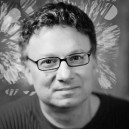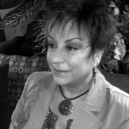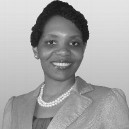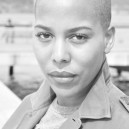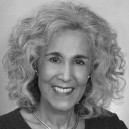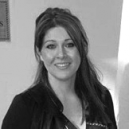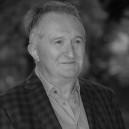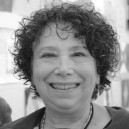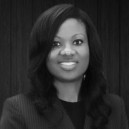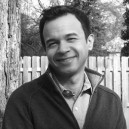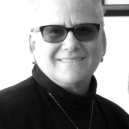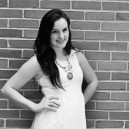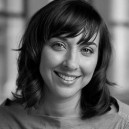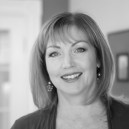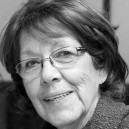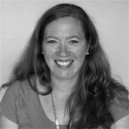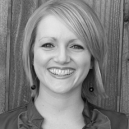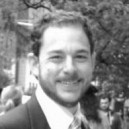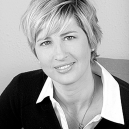William B. Pederson, M.S.W.
Social Worker & Professor
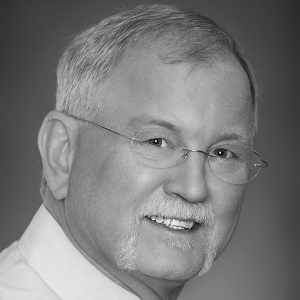
William Pederson, M.S.W. is a social worker who has also been a professor for over 14 years. At present, he teaches and is the Principal Lecturer and Program Coordinator of Northern Arizona University’s Bachelor of Arts in Social Work (BASW). This degree program, brought to fruition by Mr. Pederson, is the first in the nation to focus on U.S./Mexico border issues and populations, training students how to provide service to border populations including currently arriving immigrants.
Mr. Pederson has served as a social worker for over 40 years, working specifically in mental health and crisis intervention and was named by the National Association of Social Workers (NASW) Region 1 “Social Worker of the Year” in 2007.
What made you want to enter the field of Social Work?
I am a baby boomer and grew up during the unrest of the 1960’s. As a result, I was a participant observer in the Civil Rights movement, the protest against the Vietnam War, the Women’s Lib movement, and the Stonewall Riots. I was struck by the social injustices that occurred in our society, yet were being ignored by the political establishment. I identified with these various groups, for reasons I would not learn until much later in life, but knew at the time, I had to do something to help change things for the oppressed and disenfranchised. My senior year in high school, I discovered the profession of Social Work and decided at that time social work was the career I wanted to pursue.
What was your educational journey like?
My educational journey was a bit different than many of my peers. I elected to go to Bellevue Community College, 30 miles from home, rather than our local community college. The community college I selected offered a two year social service degree. Being a poor, working class, first generation college student that had not thought about a four year college, it appeared the fastest entry point into my chosen career path. However, by the time I completed the program I realized that I would need my B.A. in Social Work degree to be marketable. Thus, I transferred to Eastern Washington University and graduated with my B.A. in Social Work in 1976. I worked as a Social Worker for 12 years before returning to school for my M.S.W. At that time, I decided I wanted to pursue a career in academia and realized I needed to go on for my M.S.W. and Ph.D. in social work. I entered the USC School of Social Work in 1988, completing my M.S.W. and then went into the USC School of Social Work Ph.D. program. I completed all of my doctoral coursework but did not complete my dissertation.
What was the most difficult aspect of your educational experience?
I think the hardest part of my educational journey was doctoral school. I had no idea the amount of reading and work that was involved in a doctoral program. In addition, I entered straight from my Master’s program. This required being a full time Ph.D. student, but also trying to acquire my 2 years post-Master’s experience in order to teach in the classroom. I was burning out quickly, and then a couple personal tragedies left me completely spent. I had no energy to pick up a textbook, let alone write a dissertation. I left school and discovered ER social work after a long career working with children and families with alcohol and drug problems and drug and alcohol prevention.
With which associations, organizations and non-profits are you currently involved?
I am currently involved with several non-profit organizations. Currently, I am a member of the Council for Social Work Education and serve as a site visitor for various programs throughout the United States. I am also the co-section coordinator for the social work track for the Western Social Science Association. This organization has been extremely supportive for independent student research projects and papers. In my role as BASW Program Coordinator and Field Coordinator at the NAU Yuma Branch Campus, I have been very involved with nearly all social service agencies in Yuma and Imperial Counties and Mexicali, Baja Norte California, Mexico. Two local agencies of which I am very proud of my involvement are the Cancer Resource Center of the Desert in El Centro, CA and the Regional Center for Border Health in San Luis, AZ. Both of these agencies are not only serving the disenfranchised and oppressed border populations, but they are increasing public awareness of the unique issues we are confronting on a daily basis living in border communities. My recommendation for professionals seeking service experiences is to (1) identify your passion, (2) identify an agency that strives to meet the needs of the oppressed and disenfranchised, and (3) jump in with no regrets. Agencies are desperate for the skills and knowledge of professionals serving as volunteers.
What advice do you have for someone wanting to enter the field of social work?
My advice for anyone entering the field of social work is to (1) do your personal work first so you are entering the profession for the right reasons; the service of others, (2) plan to study and study hard, (3) develop strong writing skills, (4) read, read, read, and then read some more, (5) give yourself permission to experience joy in something other than social work. And finally, laugh and laugh hard.





